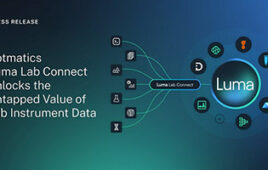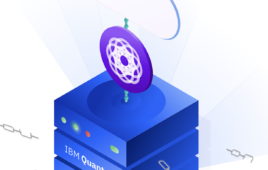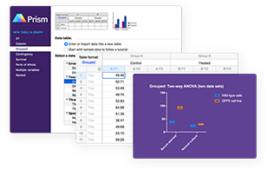The Cosmic Symphony
 |
Scientists hope that a new supercomputer being built by Syracuse University may help them identify the sound of a celestial black hole. The supercomputer, dubbed SUGAR, will soon receive massive amounts of data collected over a two-year period at the Laser Interferometer Gravitational-Wave Observatory. While Einstein predicted the existence of gravitational waves in 1916, it has taken decades to develop the technology to detect them. Before they can isolate the sound of a black hole from the data, the scientists must figure out what a black hole sounds like. That’s where Einstein’s theories come in. Working with colleagues from the Simulating eXtreme Spacetimes (SXS) project, they will create models of gravitational wave patterns from the collision of two black holes.




